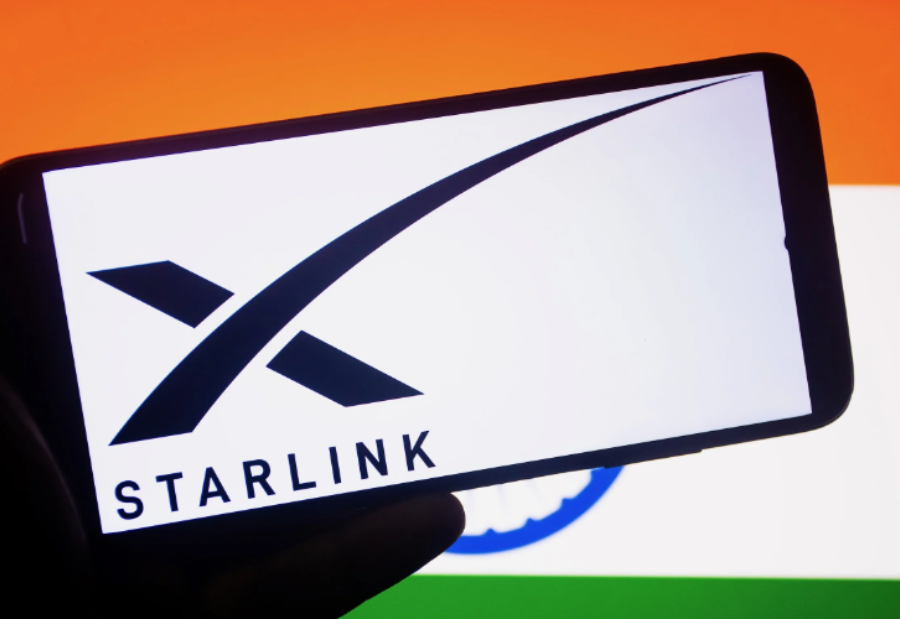As India opens its skies to public satellite communication for the very first time, the Department of Telecom has laid out robust security rules aimed at safeguarding national interest. With global giants like Elon Musk’s Starlink, Bharti Group-supported OneWeb and Jio Satellite Communications preparing to offer satcom services in India, the new guidelines are designed to create a secure digital frontier.
The rules, announced Monday, forbid any user connection or data routing through foreign gateways or terminals. All processing and storage of user data must occur strictly within India’s borders. Providers must ensure sensitive information such as terminal locations remains invisible to entities outside the country.
Another striking mandate is that satcom providers must localize at least 20 percent of their ground infrastructure within the initial years of operations. These conditions reflect India’s determination to protect its digital sovereignty as it transitions into an era of space-based connectivity.
Before starting services, licensees must obtain security clearance for all network hubs and demonstrate their surveillance and interception capabilities to the Department of Telecom or designated officials. As per the rules, “The Monitoring and Lawful Interception shall be provided… at the gateway, PoP, NCMC or any equivalent facility,” and should integrate seamlessly with national surveillance systems such as CMS and IMS.
Providers are also tasked with identifying special monitoring zones spanning 50 kilometers along international borders and coastlines, ensuring constant vigilance over user activity by security agencies including the armed forces and intelligence bodies.
Like traditional telecom players, satcom firms must block all content restricted by Indian authorities. Furthermore, companies are expected to ensure that no terminal can access the network from beyond India’s geographical coverage or foreign gateways. All Indian traffic must be confined within domestic satellite systems and infrastructure.
An undertaking must also be submitted declaring that no Indian telecom data will be decrypted or copied outside the nation.
Devices registered in India will be prevented from connecting to any system located abroad. These steps, while stringent, mark a firm stride towards secure digital connectivity from space.
With Jio and OneWeb already licensed and Starlink awaiting final approval, operations are expected to begin post allocation of spectrum frequencies. The norms are aligned with recommendations from India’s telecom regulator and are likely to be ratified soon.
Also read: Viksit Workforce for a Viksit Bharat
Do Follow: The Mainstream formerly known as CIO News LinkedIn Account | The Mainstream formerly known as CIO News Facebook | The Mainstream formerly known as CIO News Youtube | The Mainstream formerly known as CIO News Twitter |The Mainstream formerly known as CIO News Whatsapp Channel | The Mainstream formerly known as CIO News Instagram
About us:
The Mainstream formerly known as CIO News is a premier platform dedicated to delivering latest news, updates, and insights from the tech industry. With its strong foundation of intellectual property and thought leadership, the platform is well-positioned to stay ahead of the curve and lead conversations about how technology shapes our world. From its early days as CIO News to its rebranding as The Mainstream on November 28, 2024, it has been expanding its global reach, targeting key markets in the Middle East & Africa, ASEAN, the USA, and the UK. The Mainstream is a vision to put technology at the center of every conversation, inspiring professionals and organizations to embrace the future of tech.




